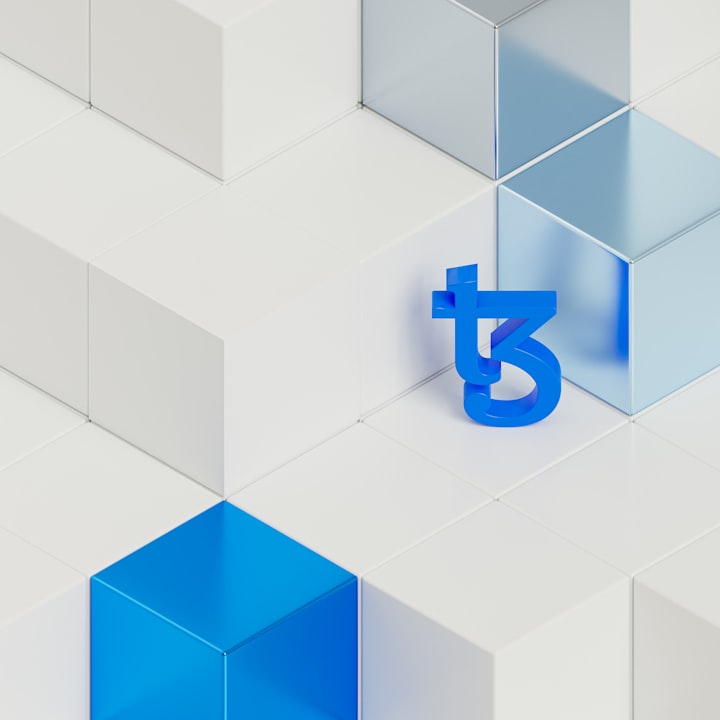Why Do Student Loan Payments Not Decrease the Debt?
Why do student loan payments not decrease the debt? Learn about income-based repayment plans, the SAVE plan, and interest complications.

Under certain payment plans, the required monthly payment may fall short of covering the accruing interest, particularly for individuals with lower incomes.
The consequence is a continuous increase in the total balance over time, as the interest continues to compound.
Unraveling the SAVE Plan
The perplexing scenario mentioned could be intertwined with the complexities of the Student Aid Verification for Elasticity (SAVE) plan.
This newer plan is designed to offer more flexible options for borrowers, but it can also introduce complexities that lead to prolonged repayment periods and ballooning debt.
Unpredictable Circumstances and Their Effects on the Debt
It's crucial to consider unpredictable circumstances such as going back to school or certain life changes, which can result in the addition of existing interest to the principal balance.
These unpredictable factors can significantly impact the overall debt trajectory.
The Alarming Truth
Many Americans find themselves immersed in a labyrinth of opaque mechanisms surrounding student loan debt.
The complexities of payment plans, accruing interest, and the lack of transparency in the system create a harrowing cycle for borrowers.
It is imperative for individuals to actively seek out comprehensive knowledge and financial guidance to navigate this bewildering landscape.
The Ongoing Struggle
This scenario highlights the harsh reality that numerous individuals face – a perpetual struggle against a mounting debt that seems impervious to their efforts.
This predicament reinforces the pressing need for clearer regulations and increased transparency within the student loan system to prevent others from being ensnared in similar predicaments.






